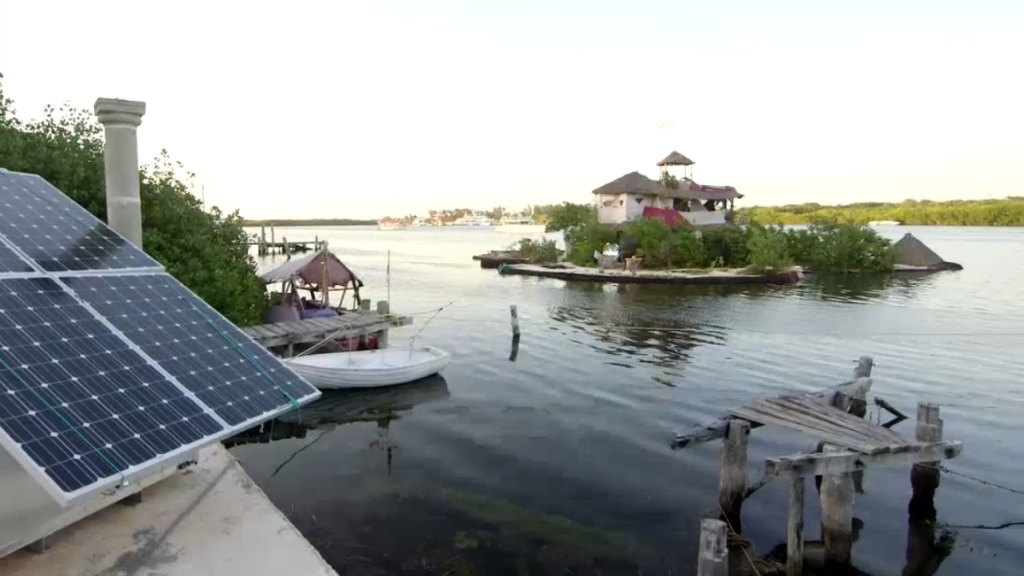High gas prices got you down? Your problems are a tiny fraction of those faced by our whole fossil fuel–addicted global society.
A new report from the International Energy Agency considers the cost of remaining hooked on antiquated, polluting, and climate-changing energy sources.
First, here’s what might seem to be bad news from the new report: It would cost the world $44 trillion to end our fossil fuel addiction by 2050 and switch to clean energy. Worse, this figure is $8 trillion higher than the IEA’s last estimate, published two years ago. Expected costs have risen because we’ve delayed the process of switching over to climate-friendly energy sources.
And now the good news: We can save $115 trillion in fuel costs by 2050 if we move away from dirty energy, making for net savings of $71 trillion.
“Growing use of coal globally is overshadowing progress in renewable energy deployment, and the emissions intensity of the electricity system has not changed in 20 years despite some progress in some regions,” said IEA Executive Director Maria van der Hoeven. “A radical change of course at the global level is long overdue.”
Greenpeace put out its own energy report on Monday, in concert with international renewable energy groups. The Energy [R]evolution report, which is focused on the U.S., found that we could save $6 trillion by switching to renewables by 2050. That’s compared with pursuing the unambitious fossil fuel–heavy energy mix forecast by the U.S. Energy Information Administration in its 2013 Annual Energy Outlook.
Sven Teske, one of the authors of the Greenpeace report, told Grist that plummeting prices for solar panels and wind turbines mean that the barriers for an energy revolution of this sort are not financial or technological — they are political. They are the result of fossil fuel industries and outdated utility companies desperately fighting against the forced obsolescence of their assets.
“This is not something that is completely crazy; this is something that’s possible,” Teske said. “In the expert arena, this is accepted. But we realize that we’re not very close to the public opinion right now — especially not in the U.S.”



